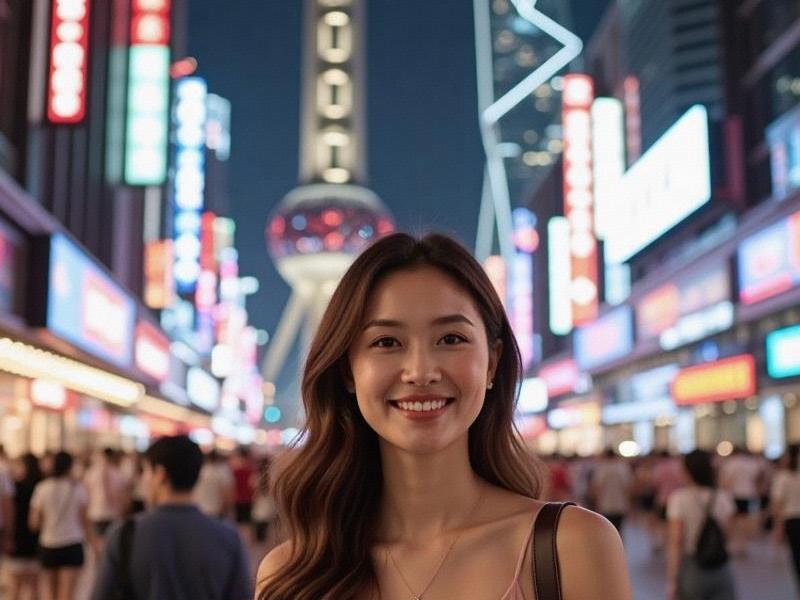This investigative report explores how Shanghai's most exclusive entertainment venues have adapted to changing regulations and consumer demands, creating a new paradigm for luxury nightlife in Asia's financial capital.

The bouncer at Door No. 9 checks my name against his iPad with the scrutiny of an immigration officer. "Mr. Wilkinson, welcome to Celestial," he murmurs, swinging open the soundproofed door to reveal Shanghai's best-kept secret - a three-story temple of nocturnal pleasure where China's new aristocracy comes to play.
The Membership Economy 2.0
Shanghai's club scene has undergone a Darwinian transformation since the pandemic. Where flashy "see-and-be-seen" venues like M1NT once dominated, a new breed of ultra-discreet members' clubs now caters to the city's elite. Celestial's membership committee rejects 83% of applicants, requiring not just wealth (the ¥880,000 annual fee filters out most) but social capital. "We're not selling bottle service - we're selling ecosystem access," explains general manager Vivian Wu, pointing to the club's AI-powered matchmaking system that connects entrepreneurs with potential investors based on real-time business needs.
上海神女论坛 The New Rules of Engagement
Post-regulatory changes, Shanghai's entertainment industry has professionalized with military precision. At establishments like The Hummingbird in Jing'an, staff complete monthly compliance training covering everything from alcohol service laws to anti-money laundering protocols. The payoff? Unprecedented access - last month, a private karaoke room here hosted confidential negotiations between a Chinese EV manufacturer and German auto parts suppliers. "These spaces have become the boardrooms of East-West deals," notes business consultant Mark Preston.
Technology Meets Tradition
新夜上海论坛 The most successful venues blend cutting-edge tech with timeless hospitality. Dragon Phoenix Club's "smart tables" allow guests to control lighting, music and privacy screens via WeChat mini-programs, while human "memory butlers" track 137 customer preference points from favored whiskey brands to childhood hometowns. "A Shanghai hostess in the 1930s would recognize half our service principles," says heritage consultant Madame Ling, who trained staff using manuals from the Jazz Age.
The Female Factor
Perhaps the most radical shift has been the rise of female-centric venues like The Jasmine Club, where 78% of members are C-suite executives. Its signature "Power Hours" combine networking mixers with TED-style talks, while the spa offers deal-making consultation rooms disguised as massage suites. "Chinese businesswomen want spaces where they're not decoration but decision-makers," explains founder Jessica Wang.
上海龙凤419自荐
The Global Benchmark
International observers now view Shanghai's nightlife innovations as predictive of wider hospitality trends. When LVMH recently acquired a stake in local chain Magnolia, industry analysts saw validation of the "Shanghai model" - high-touch service augmented by smart technology. As nightlife reporter Liam Fitzgerald observes: "London has history, New York has energy, but Shanghai has the complete package - and the spending power to sustain it."
At 3 AM, as a jazz trio plays a Mandarin cover of "Fly Me to the Moon," I notice three young tech founders celebrating their IPO in a corner booth. Nearby, a French fashion CEO discusses factory contracts over vintage baijiu. The real magic of Shanghai's nightlife isn't in the champagne towers or the designer interiors - it's in these unscripted moments where global business becomes personal, where China's future is being negotiated one cocktail at a time. In a city that never stops moving forward, its clubs have become the green rooms of capitalism's greatest show.